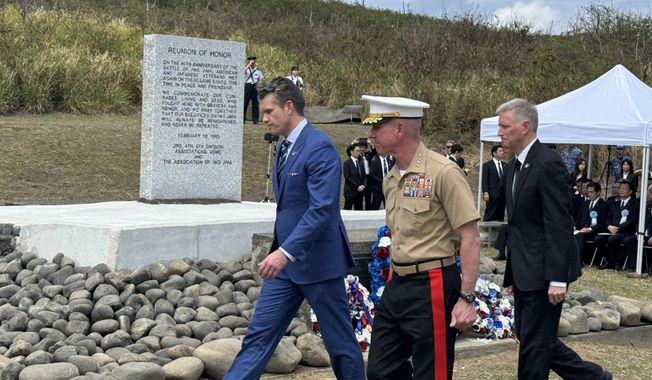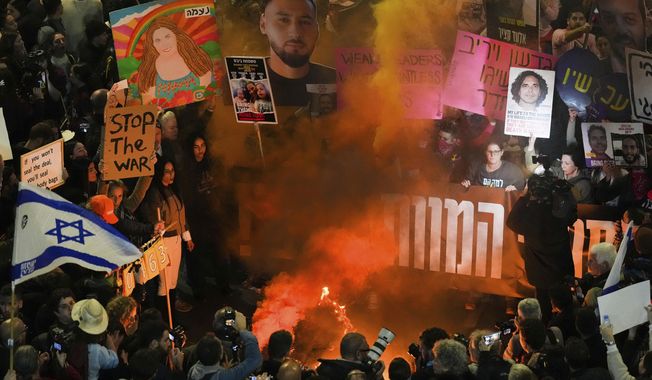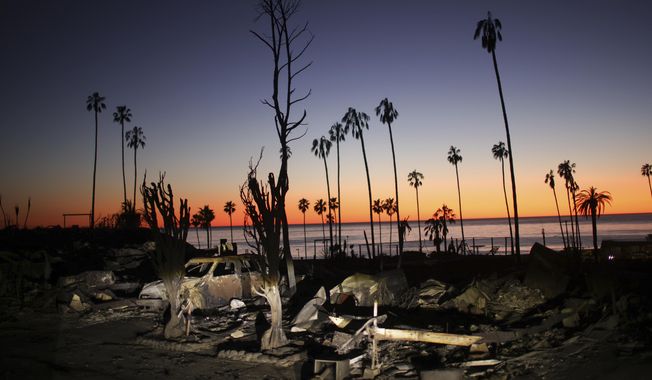
Entertainer Ed McMahon hoped to become a United States Marine Corps fighter pilot. Prior to the US entry into World War II, however, both the Army and Navy required two years of college for their pilots program. McMahon enrolled into classes at Boston College and studied there from 1940-41. After Pearl Harbor was attacked, the college requirement was dropped, and McMahon immediately applied for Marine flight training. His primary flight training was in Dallas, followed by fighter training in Pensacola, where he also earned his carrier landing qualifications. He was a Marine Corps flight instructor for two years, finally being ordered to the Pacific fleet in 1945. However, his orders were canceled after the atomic bomb was dropped on Hiroshima and Nagasaki forcing Japan's surrender. As an officer in the reserves, McMahon was recalled to active duty during the Korean War. This time, he flew the OE-1, an unarmed single-engine spotter plane. He functioned as an artillery spotter for the Marine batteries on the ground and as a forward controller for the Navy and Marine fighter bombers. He flew a total of 85 combat missions, earning six Air Medals. After the war, he stayed with the Marines, as a reserve officer, retiring in 1966 as a colonel
Featured Photo Galleries

Military parade celebrates Army’s 250th
Cheers and chants rang out Saturday from a crowd of thousands as soldiers manned modern and historic tanks and aircraft for the Army’s 250th anniversary celebration in the District.



Ovi scores goal 890, Caps lose to Sabres 8-5
Alexander Ovechkin scored goal number 890, but the Washington Capitals fell short, losing to the visiting Buffalo Sabres Sunday afternoon 8-5 at Capital One Arena in Washington D.C., March 30, 2025 (Photos for the Washington Times.)

Hegseth joins veterans, generals to mark 80th anniversary of battle of Iwo Jima
A handful of retired Marines – all in the late 90s or over 100 — joined Defense Secretary Pete Hegseth and Japan’s Prime Minister Takeru Ishida on Saturday to mark the anniversary of one of the bloodiest battles of World War II in the Pacific that ended 80 years ago this week.









